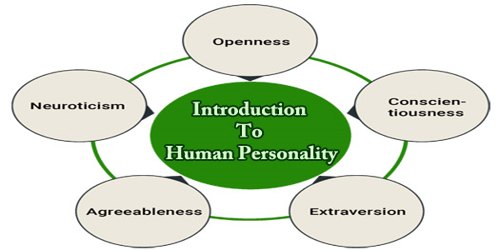Self-Determination Theory (SDT) is an approach to human motivation and personality that uses traditional empirical methods while employing an organismic metatheory that highlights the importance of humans’ evolved inner resources for personality development and behavioral self-regulation. Thus, its arena is the investigation of people’s inherent growth tendencies and innate psychological needs that are the basis for their self-motivation and personality integration, as well as for the conditions that foster those positive processes. Inductively, using the empirical process, we have identified three such needs the need for competence, relatedness, and autonomy that appear to be essential for facilitating optimal functioning of the natural propensities for growth and integration, as well as for constructive social development and personal well-being.
The theory on Self Determination, developed by Edward L. Deci and Richard M. Ryan, derives its importance directly from the dignity and worth of the person. Essentially, they discuss how human motivation emanates from the intrinsic tendencies that self endorse human needs, values, and behavior.
Self-determination can play an important role in how people function in many different areas of their lives. Feeling in control and intrinsically motivated can help people feel more committed, passionate, interested, and satisfied with the things that they do.
After World War II, the promotion of self-determination among subject peoples became one of the chief goals of the United Nations. The UN’s predecessor, the League of Nations, had also recognized the principle, but it was in the UN that the idea received its clearest statement and affirmation.
In Social Settings – Self-determination can play an important role in social relationships. A sense of belongingness is critical in the development of self-determination. Forging close, affectionate relationships with other people can improve self-determination.
- Seek positive relationships with people who will support us in the pursuit of our goals.
- Offer support and feedback to the people who are part of our social circle.
In the Workplace – People who feel that they are able to have a positive effect at work tend to feel more engaged and motivated. How else can employers build self-determination in their workers?
- Managers and leaders can foster this sense of self-determination by allowing team members to take an active role.
- Offer employees responsibilities; provide meaningful feedback, and offer support and encouragement.
- Employers should be careful not to overuse extrinsic rewards. Too many rewards can undercut intrinsic motivation (a phenomenon known as the overjustification effect), yet too few can cause employees to feel unappreciated.
In Competition – In competitive settings such as sports and athletics, fostering a sense of self-determination can inspire people to excel.
- Athletes who feel that they are capable of achieving their goals and overcoming challenges are often driven to perform better.
- Excelling allows people to gain an important sense of competence and build mastery in skills that are enjoyable and important to them.
In Institution Settings – Self-determined students are more likely to feel motivated to achieve. There are things that educators can to do help students foster a sense of self-determination and intrinsic motivation:
- Providing unexpected positive feedback when students perform well can help improve competence.
- Avoiding excessive external rewards for actions students already enjoy can help improve internal motivation.
The UN Charter clarifies two meanings of the term self-determination. First, a state is said to have the right of self-determination in the sense of having the right to choose freely its political, economic, social, and cultural systems. Second, the right to self-determination is defined as the right of a people to constitute itself in a state or otherwise freely determine the form of its association with an existing state. Both meanings have their basis in the charter. With respect to dependent territories, the charter asserts that administering authorities should undertake to ensure political advancement and the development of self-government.
Information Sources:
















